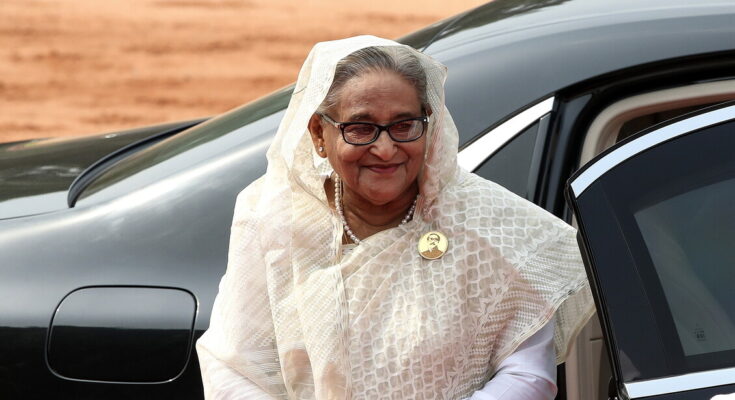Former Bangladesh Prime Minister Sheikh Hasina was sentenced to death in absentia for crimes against humanity over the suppression of student protests in July 2024 that killed 1,400 people and led to her being ousted from power. For the country’s interim leader, Nobel Peace Prize winner Muhammad Yunus, this was a “historic verdict”. For the former prime minister, who is now in exile in India, the convictions and sentences were “partial and politically motivated”.
Bangladesh has asked India to extradite him. However, it is unlikely that Narendra Modi’s country will grant it. A move that could exacerbate already strong tensions between the two countries. Hasina was tried by the International Criminal Court (ICT) in Dhaka and her sentence was widely expected. During his 15-year rule, the leader often used violence to silence the opposition. Last year’s protests began demanding the elimination of quotas reserved for relatives of Revolutionary War veterans in government jobs. However, the protests soon turned into an anti-government movement, until Hasina was forced to flee, and Yunus served as head of the interim government. A UN report documented 1,400 deaths in the protests, with live shooting, arbitrary arrests and torture.
It is no coincidence that along with Hasina (convicted of sedition, ordering to kill and inaction in preventing atrocities), former Home Minister Asaduzzaman Khan Kamal was also sentenced to death. Another defendant, former police chief Chowdhury Abdullah Al-Mamun, received a five-year prison sentence. Security measures are impressive in Dhaka. Jubilant demonstrations greeted the sentence, and hundreds of people attempted to attack the house of the woman’s father – Sheikh Mujibur Rahman, Bangladesh’s first president – now turned into a museum, to destroy it, and clashed with police. Yunus called for calm, warning against any “attempts to violate public order”. The UN, while recognizing that the sentence was “a watershed moment for the victims”, opposed the death penalty.
Reproduction protected by law © Copyright ANSA



